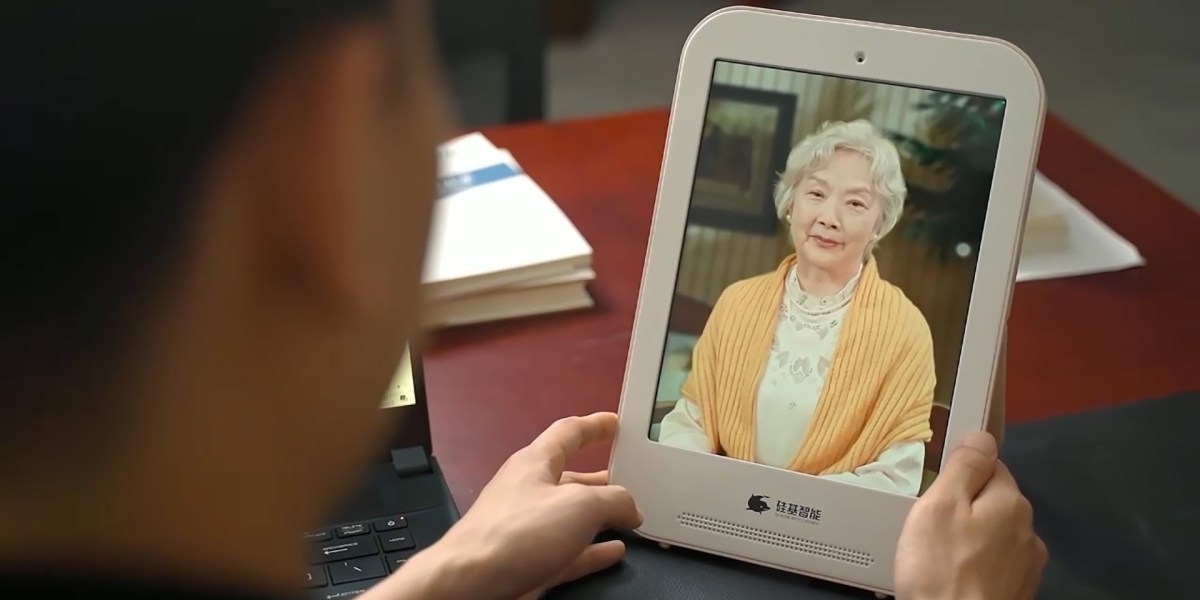Deepfakes of your dead loved ones are a booming Chinese business

🌈 Abstract
The article discusses the growing Chinese business of creating AI-generated avatars of deceased loved ones to help people process their grief. It explores the technological advancements, cultural context, and ethical considerations around this emerging practice.
🙋 Q&A
[01] Deepfakes of Dead Loved Ones
1. What is the purpose of creating AI-generated avatars of deceased loved ones? The purpose is to help people process their grief and maintain a connection with their deceased loved ones. The avatars allow people to have conversations and interactions with digital replicas of their deceased family members.
2. How has the technology for creating these avatars evolved in China? The technology has rapidly matured in the past 3 years, with improvements in generating realistic 3D avatars that can interact with users. The cost has also dropped significantly, from $2,000-$3,000 to a few hundred dollars, making it more accessible to the general public.
3. How does this practice build on China's cultural tradition of communicating with the dead? In Chinese culture, it is common to keep portraits of deceased relatives for years after their death, and to communicate with them during festivals. The AI avatars are seen as a modern, interactive version of this tradition.
[02] Ethical Considerations
1. What are the key ethical concerns around using AI to create avatars of the deceased? The main concerns are around consent, as the deceased cannot consent to being digitally replicated. There are also questions about who has the right to make decisions about creating these avatars, and the potential negative impact on the grieving process.
2. How are companies addressing the ethical issues? Companies currently rely on permission from direct family members to create the avatars. However, there are debates around whether this is sufficient, especially if family members disagree. Experts suggest that clear guidelines and regulations are needed to address the ethical challenges.
3. What are the potential mental health impacts of interacting with AI avatars of the deceased? Some experts warn that constantly interacting with a digital version of a deceased loved one could prevent people from fully accepting their loss and moving forward in the grieving process. There are concerns that it could lead to a state of prolonged mourning.